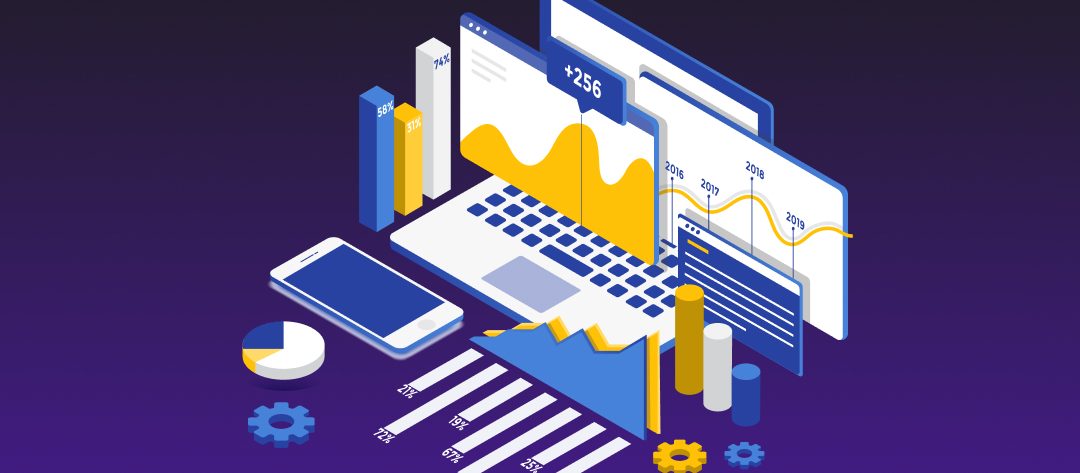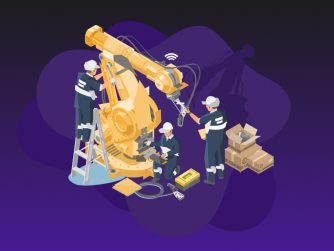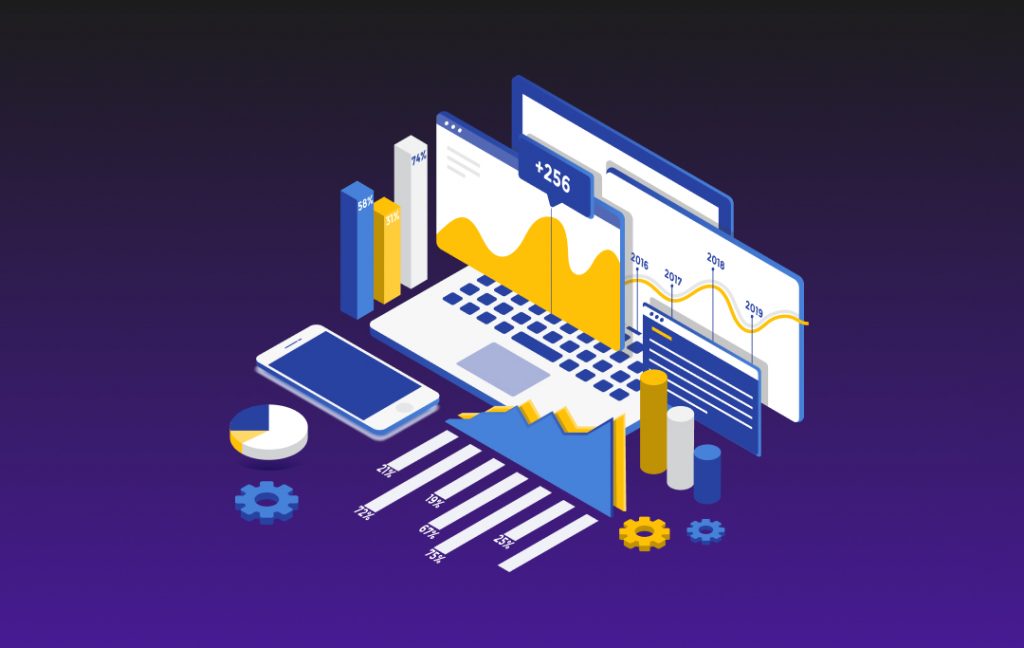
The advent of big data
The world is increasingly technology-driven. No wonder it is the era of IoT devices and big data. With so many interconnected devices, there is no shortage of data that businesses have access to.
In theory, being able to use data in decision-making sounds incredible. It sounds so because
- big data can be leveraged to make informed decisions, and
- right tools and competent analysis of data can help drive growth.
Decisions backed by intuition Vs data-driven decision making
Data-driven decision-making is often brought to par with decisions based on intuition. Many businesses cite the following as being the reasons behind the decision-making not being backed by data:
- Lack of availability of necessary information
- Quality of data not being competent
Benefits of being data-driven
Things are changing, and an increasing number of companies want to treat data as an asset. In this post, we’ll briefly discuss how data can be an asset for your business.
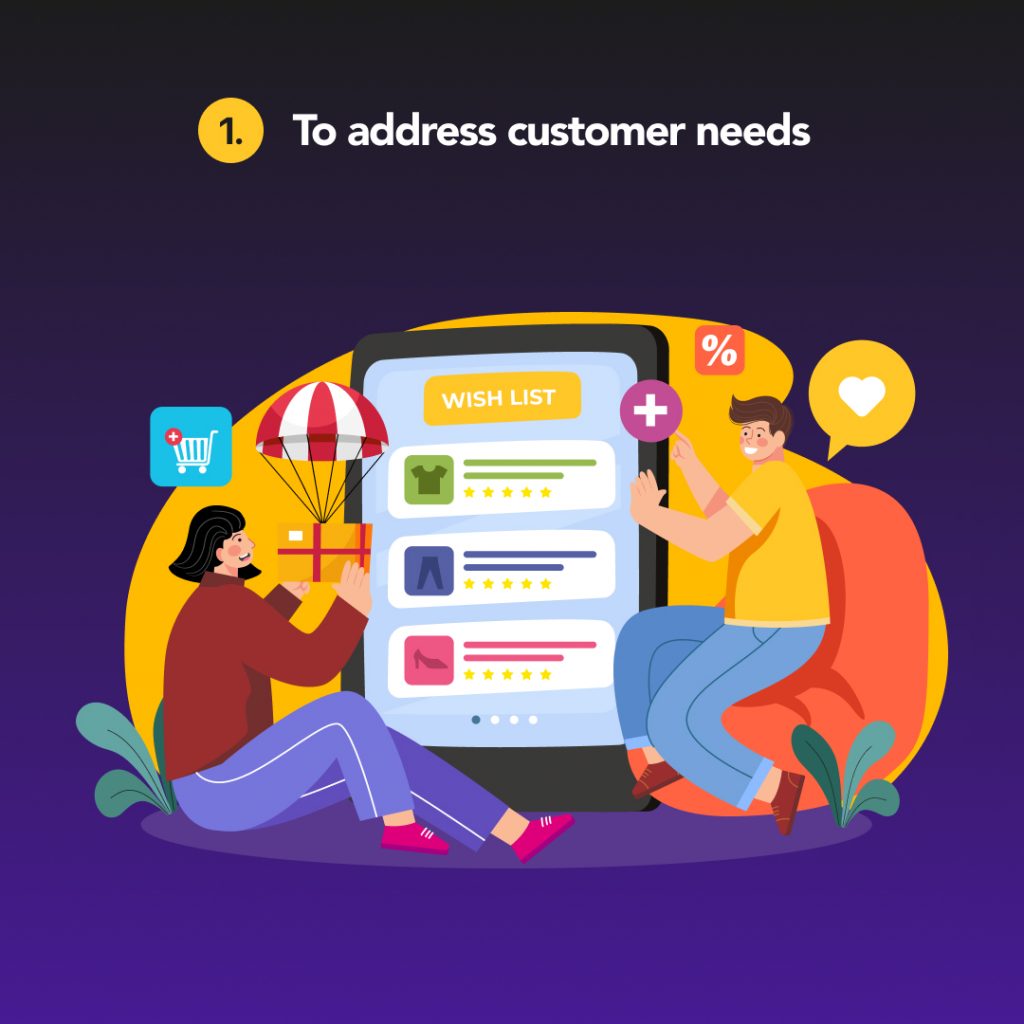
To address customer needs
One of the biggest advantages of being data-driven is having the power to personalize products and services for the customers.
Analysis of data helps with the understanding of customers’ behaviour, and potential customers can be encouraged to become real customers.
Not only does data help gain initial customers, but it can also be used to keep the customers’ feedback loop going—to see whether or not they are satisfied and what changes they’d want to make their user experience better.
Changes based on customer experience then lead to product and service improvements.
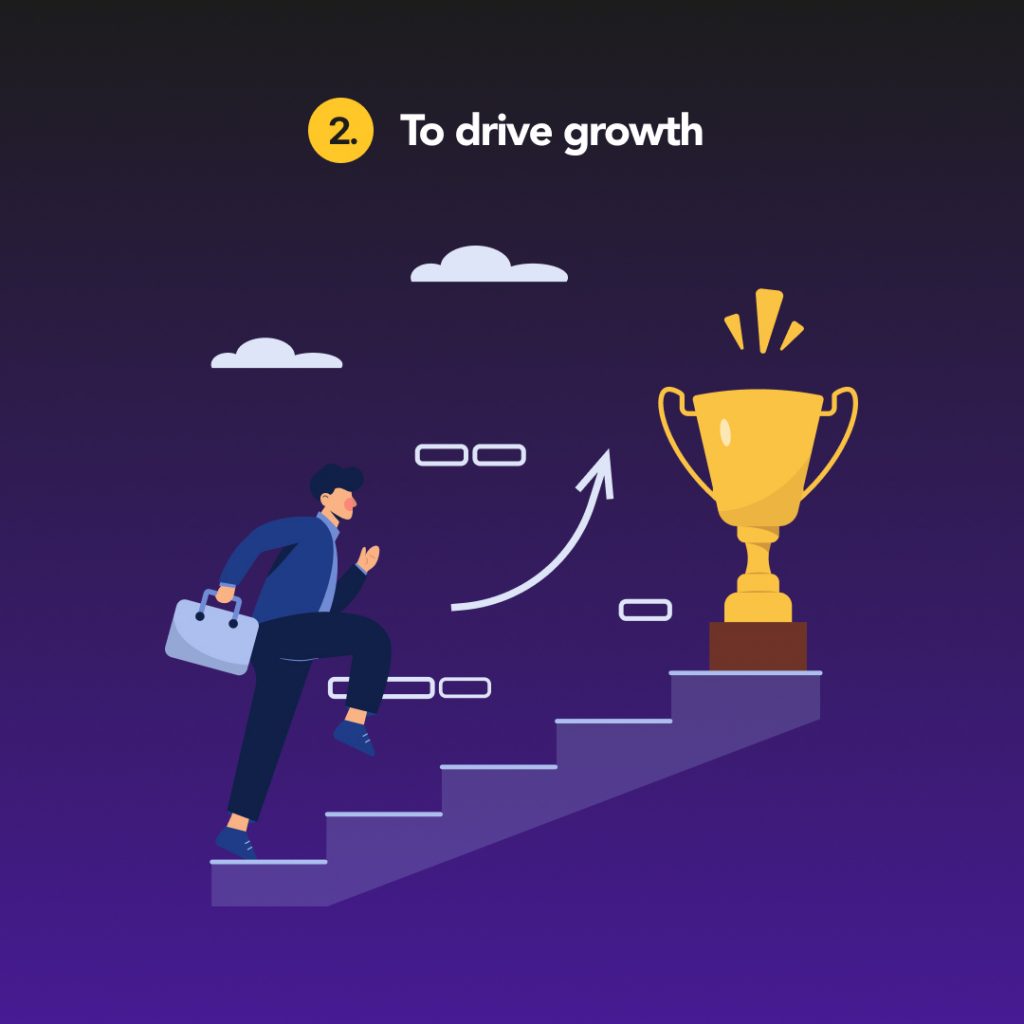
To drive growth
Data can be used to ensure continual growth.
Data-driven businesses can make decisions by analyzing multiple functions, operations and departmental activities. Being data-driven across the business means that available resources are used to their full potential.
Data can help set goals and milestones that are actionable. In the long run, these drive growth.
With data, risk analysis is also strong as it allows businesses to understand where the business stands as opposed to the competition in the market.
Data is also critical in identifying revenue opportunities.

To identify new opportunities
Data can be used to understand market trends and what customers prefer. This helps businesses develop and provide products and services that cater to the needs of the customers.
Data and analytics also enable faster response to market changes. Businesses can predict future trends and identify new opportunities quickly. And that might just help businesses gain a market advantage in a competitive and fast-changing space.
If data says something is working, tailor your products and services to meet that need. And new opportunities will be unlocked.
Data analysis underpins the latest advances in machine learning and artificial intelligence. So, businesses are only just beginning to understand big data and the limitless opportunities it holds.
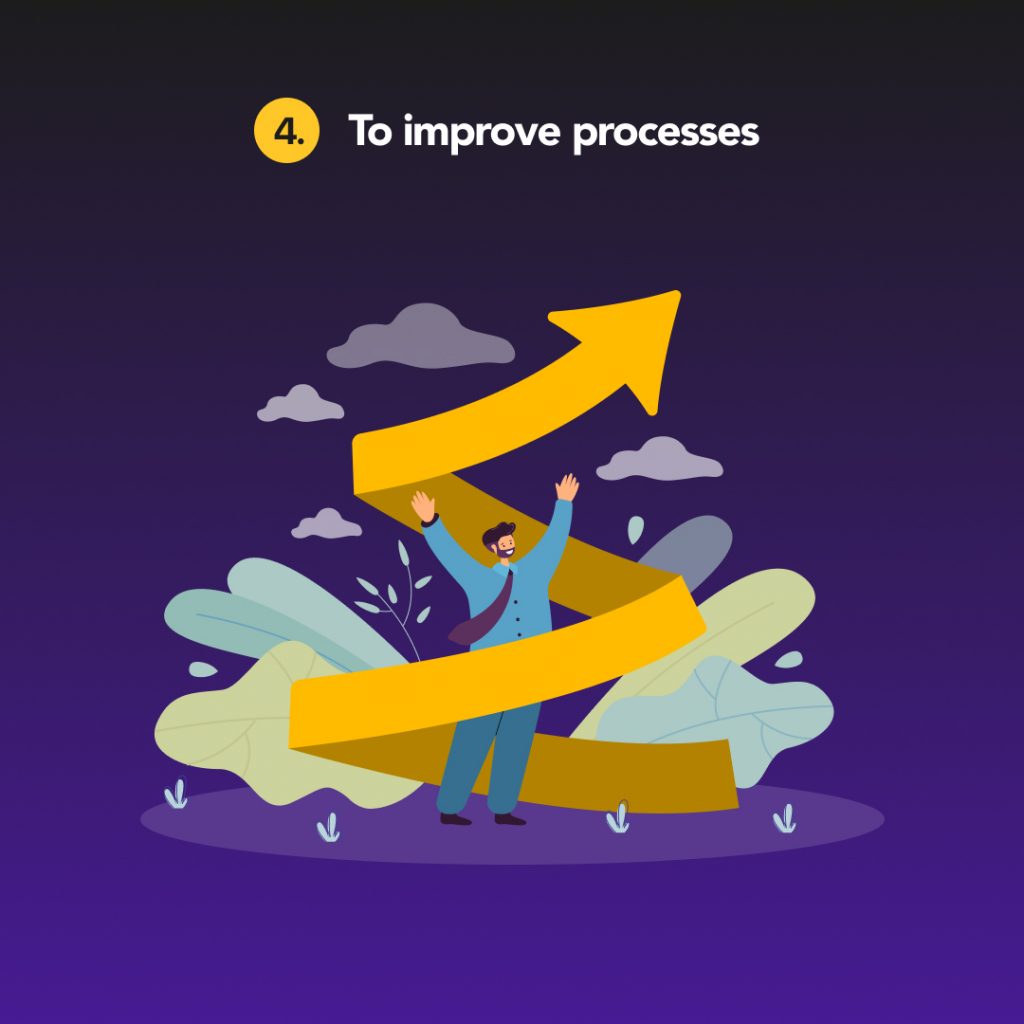
To improve process
Data mining allows for improved processes and hence improved planning.
Information on customer behaviour, market trends, competitors, and processes used allows for a better understanding of where the business stands and what processes and systems need to be put in place to meet established goals.
Data can help businesses identify problems so that changes can be made quickly based on hard facts rather than mere speculation.
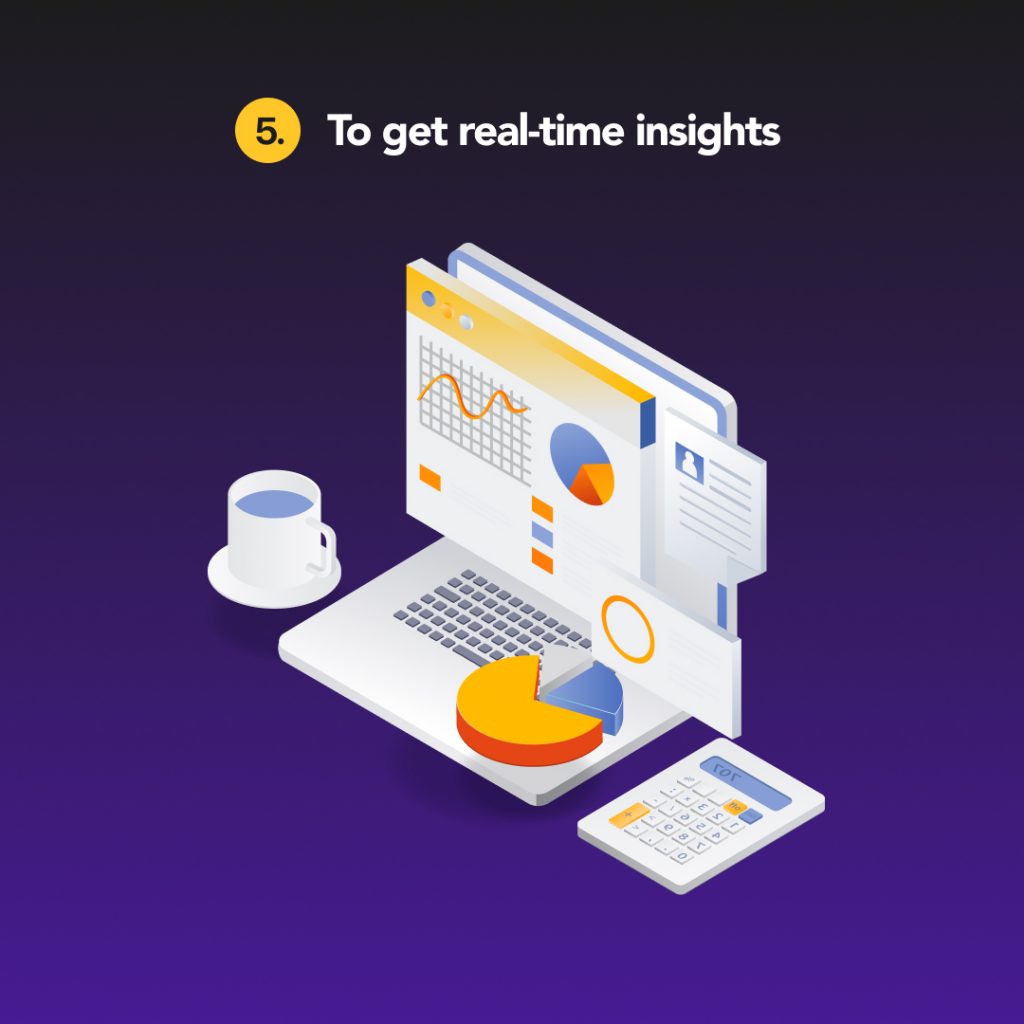
To get real-time insights
Right data and the right time will be beneficial for your business.
Data can be used to get real-time insights into the market trends and then make quick decisions to pivot.
These real-time insights could be both internal or external or either, depending on your end goal.
You need to collect and analyze internal data to gain insights into the current status of your business performance and to gain insights into how it can be improved.
Likewise, you need to gather appropriate data about the market to understand the market you are operating it. Data will also help you analyze how the market is expected to evolve and how you can keep up with the changes in the market.
To Conclude
Data and analytics are no longer a siloed function. It is a necessity for digital transformation. But just having access to data is not enough. Businesses need to embrace being data-driven as a part of the work culture. Only then can they survive in the competitive and fast-moving marketplace.
Remember that being data-driven, helps your business
- To address customer needs
- To drive growth
- To identify new opportunities
- To improve process
- To get real-time insights
We can help you
At Aerion Technologies, we help our clients be data-driven to optimize business outcomes. Our DevReady Process engages clients and other stakeholders from Day 1 and our shared metrics enable access to data that can be analyzed to make better decisions—right from conceptualization to development to iterations based on user feedback.
This makes the difference and our clients can vouch for it. Get in touch for a Free Consultation today, and the team can work with you to optimize performance across all your business functions—development, support, sales and marketing.

